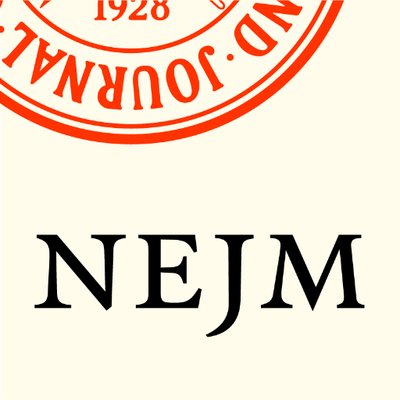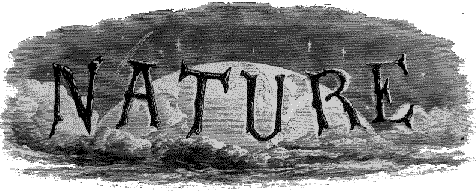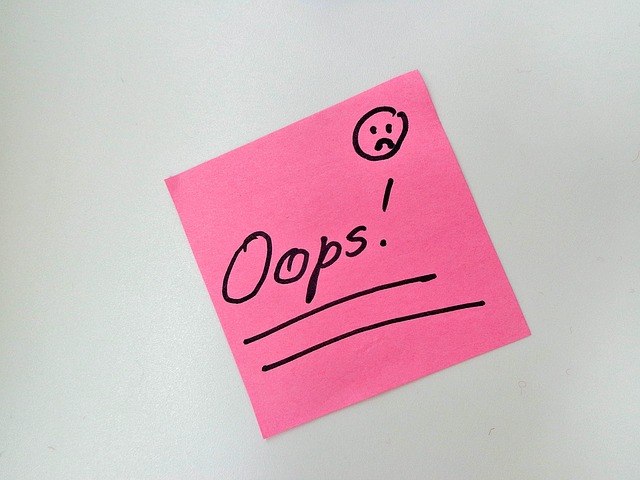
A group of researchers in Iran has retracted their case report on what they claimed was the first known case of a pregnant woman who died of Covid-19.
The reason: According to the corresponding author, another group of researchers in Iran, who had first seen the patient at their hospital, had beaten them to the submission punch without their knowledge. (This isn’t the first time we’ve seen a case like this.)
The paper appeared in Travel Medicine and Infectious Disease, an Elsevier title, on April 11. Sometime in early May, it seems (the dates are unclear on the journal website) the group, led by a team at Zanjan University of Medical Sciences, retracted the article.
Elsevier allows authors to withdraw papers without explanation if they have appeared online but not yet in print, which is the case here. So the retraction notice says, well, nothing:
Continue reading Race to be first to report first case of COVID-19 death during pregnancy leads to a retraction







